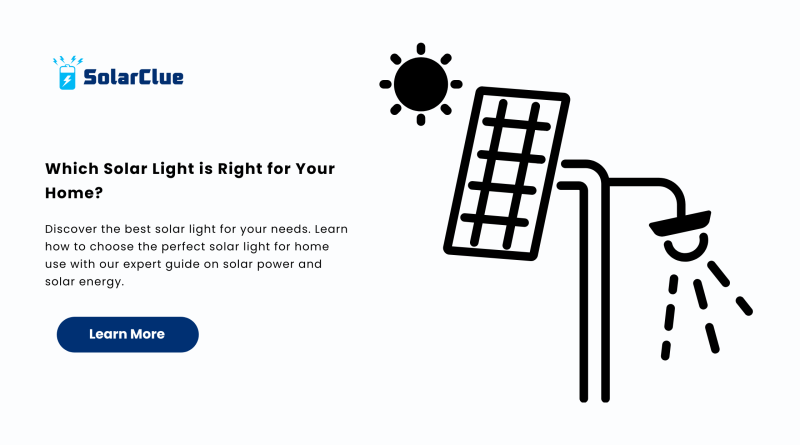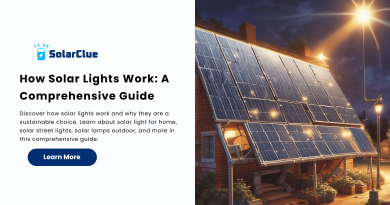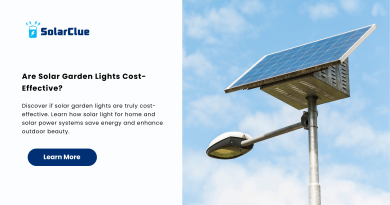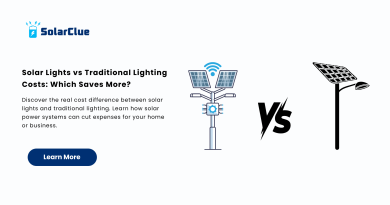Which Solar Light is Right for Your Home?
Choosing the best solar light for your home involves more than just picking a good-looking lamp. With the rise of solar power and increasing awareness of solar energy solutions, it’s important to understand what makes a solar light truly suitable for your needs.
Table of Contents
- 1 Understanding Solar Lights
- 2 Types of Solar Lights for Home Use
- 3 Key Features to Look For in Solar Lights
- 4 Choosing the Right Solar Light for Different Areas
- 5 Advantages of Switching to Solar Energy
- 6 How to Install Solar Lights Correctly
- 7 Maintenance Tips for Long-lasting Solar Lights
- 8 Common Myths About Solar Lights
- 9 Are Solar Lights Cost-Effective?
- 10 Environmental Impact of Solar Lighting
- 11 How to Select the Best Solar Light Brand
- 12 Conclusion: Light Up Your Home the Smarter Way
- 13 FAQs
Understanding Solar Lights
What is a Solar Light?
Solar lights are lighting systems powered by solar energy. They usually consist of a photovoltaic panel, a battery, an LED bulb, and a control system. During the day, the solar panel charges the battery, and at night, the battery powers the LED light.
Benefits of Using Solar Lights at Home
- Energy efficiency: Reduce electricity bills by harnessing free sunlight.
- Eco-friendly: Lower your carbon footprint.
- Low maintenance: Most solar lights require minimal upkeep.
- Easy installation: No wiring required.
Types of Solar Lights for Home Use
1. Solar Garden Lights
Perfect for pathways, flower beds, and patios. They add aesthetic value while providing functional illumination.
2. Solar Motion Sensor Lights
Ideal for security purposes. They automatically light up when motion is detected, enhancing safety around the home.
3. Solar Flood Lights
Powerful and bright, great for driveways and large outdoor areas. They often come with adjustable panels and high-lumen outputs.
4. Solar Wall Lights
Mounted on walls or fences, they provide ambient lighting for outdoor living spaces.
5. Solar Spotlights
Used to highlight specific landscape features like trees, signs, or sculptures.
Key Features to Look For in Solar Lights
Brightness (Lumens)
The higher the lumens, the brighter the light. Choose based on the area you want to illuminate.
Battery Capacity
Longer battery life ensures your lights stay on throughout the night.
Waterproof Rating
For outdoor use, look for lights with at least IP65 waterproofing.
Charging Time and Efficiency
Consider how quickly the panel can charge the battery even on cloudy days.
Durability
Materials like stainless steel or weather-resistant plastic enhance the longevity of solar lights.
Choosing the Right Solar Light for Different Areas
Entryways and Driveways
Use solar flood lights or motion sensor lights for bright, responsive lighting.
Backyards and Patios
Solar wall lights or ambient garden lights can create a cozy atmosphere.
Gardens and Landscaping
Spotlights or decorative solar lights work best to enhance garden features.
Advantages of Switching to Solar Energy
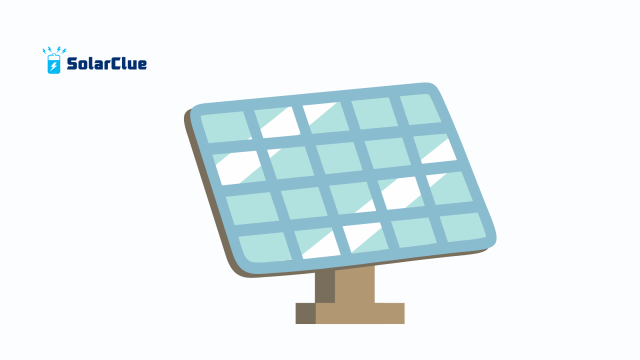
- Reduces dependence on traditional electricity.
- Provides lighting during power outages.
- Increases property value with eco-friendly upgrades.
How to Install Solar Lights Correctly
- Place the solar panel in a location with maximum sunlight exposure.
- Clean the panel regularly to maintain efficiency.
- Make sure the fixture is securely anchored.
Maintenance Tips for Long-lasting Solar Lights
- Clean solar panels every few weeks.
- Replace rechargeable batteries annually.
- Store indoors during extreme weather if not rated for it.
Common Myths About Solar Lights
Myth 1: Solar Lights Don’t Work on Cloudy Days
Fact: Most modern solar lights charge even on overcast days, although less efficiently.
Myth 2: Solar Lights Are Not Bright Enough
Fact: High-lumen models can be as bright as traditional electric lights.
Are Solar Lights Cost-Effective?
Absolutely. While the initial cost might be slightly higher than traditional lights, the long-term savings on electricity and maintenance make them highly cost-effective.
Environmental Impact of Solar Lighting
Solar energy reduces greenhouse gas emissions, making solar lights a sustainable choice for environmentally conscious homeowners.
How to Select the Best Solar Light Brand
- Read customer reviews.
- Check warranty and support.
- Look for certifications like CE, RoHS.
- Compare specifications and price.
Conclusion: Light Up Your Home the Smarter Way
Choosing the right solar light for home use depends on your needs, the area to be illuminated, and your aesthetic preferences. With the right selection, you can enjoy the benefits of solar power while enhancing the beauty and safety of your home. Visit us to explore the most reliable and innovative solar lighting solutions that suit your home and lifestyle at solarclue.com and explore our latest tips at blog.solarclue.com — lighting your world the solar way has never been easier!
FAQs
1. How long do solar lights last?
Most solar lights can last between 2 to 5 years depending on the quality and usage. Batteries may need replacement every year.
2. Can solar lights work indoors?
They can, but they need sufficient charging from sunlight which can be challenging indoors. It’s best to use them outdoors where sun exposure is consistent.
3. Are solar lights waterproof?
Many outdoor solar lights are water-resistant or waterproof. Look for IP ratings like IP65 or higher for better durability.
4. What is the average cost of installing solar lights at home?
Depending on the type and number of lights, the cost can range from ₹500 to ₹5000 per light. Long-term savings on electricity make it worthwhile.
5. Can I use solar lights during monsoon?
Yes, as long as they are waterproof and receive enough daylight to charge. Some high-quality models are efficient even during low-sunlight days.

